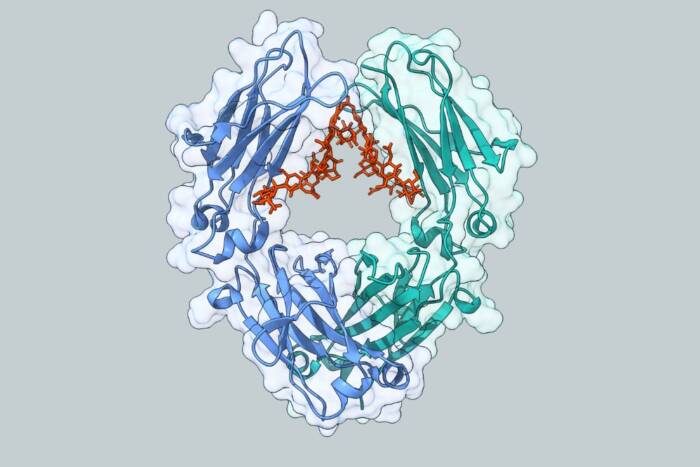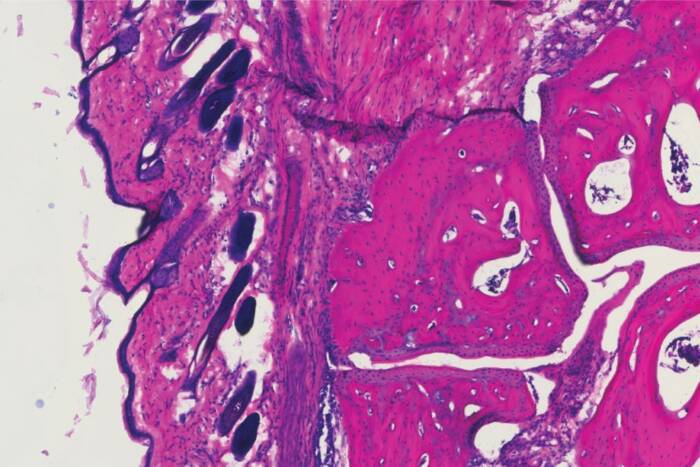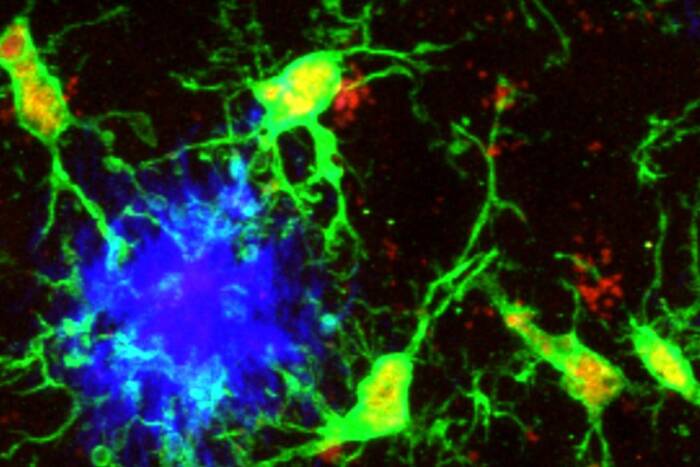Sarah Wacker named 2009 David Rockefeller Fellow
by TALLEY HENNING BROWN
 (opens in new window) When it came time to choose a graduate school, Sarah Wacker’s method looked a little like a game of darts. Certain that she wanted to continue her study of proteins in a lively urban environment, she applied to what she considered the best school in every major city across the country. “I visited every school I applied to, and when I was accepted to Rockefeller, it felt right,” Ms. Wacker says. “Like hitting the bullseye.” Having now finished her third year in Tarun Kapoor’s Laboratory of Chemistry and Cell Biology, Ms. Wacker’s record is still going strong. This spring, she received the university’s prestigious David Rockefeller Fellowship.
(opens in new window) When it came time to choose a graduate school, Sarah Wacker’s method looked a little like a game of darts. Certain that she wanted to continue her study of proteins in a lively urban environment, she applied to what she considered the best school in every major city across the country. “I visited every school I applied to, and when I was accepted to Rockefeller, it felt right,” Ms. Wacker says. “Like hitting the bullseye.” Having now finished her third year in Tarun Kapoor’s Laboratory of Chemistry and Cell Biology, Ms. Wacker’s record is still going strong. This spring, she received the university’s prestigious David Rockefeller Fellowship.
Originally from Perham, Minnesota, Ms. Wacker received her bachelor of science in biochemistry and molecular biology from the University of Richmond in 2006. During her junior year there, she spent a semester studying molecular biology and genetics at Denmark’s International Study Program and a summer in the laboratory of Catherine L. Drennan at the Massachusetts Institute of Technology. Along with her research, Ms. Wacker was an active participant in several scientific and volunteer organizations in college, serving as student representative of the National Protein Society Education Committee, vice president of the University of Richmond chapter of the Circle K International Service Organization, president of the Biochemistry Club and newsletter editor of the American Chemical Society Student Affiliates Club.
Now at Rockefeller, Ms. Wacker’s research is narrowing in on the mechanisms of the cell cycle. Currently, she is working to develop a novel approach to generate small-molecule inhibitors for a family of motor proteins known as kinesins. Because kinesins are intimately involved in the processes of mitosis and meiosis, their inhibition might have implications for cancer research, but Ms. Wacker is mainly interested in what they can reveal about cell division. “Kinesins have myriad functions in the cell,” says Ms. Wacker, who has received numerous accolades during her few years in research, including graduate fellowships from the National Science Foundation and Rockefeller’s Women & Science initiative, as well as the university’s inaugural George Palade Fellowship, awarded to her in March.
Since her first year at Rockefeller, Ms. Wacker has also maintained a busy volunteer schedule. In the spring of 2007, she was a mentor with the Cornell Science Challenge, a Tri-Institutional community-education program in which mentors from Rockefeller, Weill Cornell Graduate School of Medical Sciences and Memorial Sloan-Kettering Cancer Center guide groups of seventh-grade students from East Side Middle School in developing original research projects. She has served as a journal club adviser for Rockefeller’s Summer Undergraduate Research Fellowship program and has worked on the selection committee for the Summer High School Science Outreach Program. And she has volunteered as a judge for the New York City Science and Engineering Fair every spring since moving to New York. “My ultimate goal is to teach science, preferably at the undergraduate level,” says Ms. Wacker. “My experiences both as a mentor to younger students and as a student here, where you can’t help but learn so much from everyone around you, have really helped inform the kind of teacher I’d like to be.” This fall, she will teach a weekly course at the Health Science Academy of the Arthur Ashe Institute for Urban Health.
“Sarah epitomizes the ideals of the David Rockefeller Fellowship,” says Sidney Strickland, dean of graduate and postgraduate studies and vice president for educational affairs. “She is a superb scientist, committed to teaching and community service, and an interactive and friendly colleague.”
Ms. Wacker was presented with the fellowship — established in 1995 by the university’s alumni association — at this year’s Convocation Luncheon on June 11. “I am so grateful to be honored with this award named for David Rockefeller, who has gone above and beyond to support this graduate program that is so important to all of us,” says Ms. Wacker.


